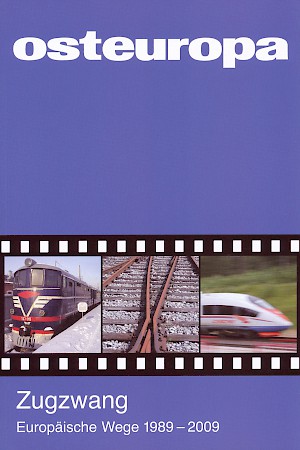Fighting a Losing Battle?
Russia and Its Friends 20 Years after 1989
Deutsche Fassung
Abstract
The end of the Soviet Union was no mere change of political order. It was the dissolution of a way of life. The impact of destruction and regeneration affected every aspect of everyday life. Taste, individual behaviour, traffic have become different; the cell phone has dissolved the vastness of the Russian expanse. Another sense of time reigns. But Russia remains a country of different tempi. What is mutually exclusive elsewhere stands next to one another here: boom towns and ghost towns, dynamism and rigidity, modernity without modernisation, personal responsibility and authoritarian state. The practice of authoritarian rule perplexes. Russia’s friends are tired of hearing that the outside world is primarily to blame for the country’s weakness. Pseudo-patriotic retro-culture, stereotypes of the enemy, and self-pity will not impress in the long term. However, there is no cause for triumphal gestures. The crash of the global economy in 2009 has burst some illusions in the West as well. But disillusionment is a form of self-enlightenment.
(Osteuropa 11/2009, pp. 15–36)



